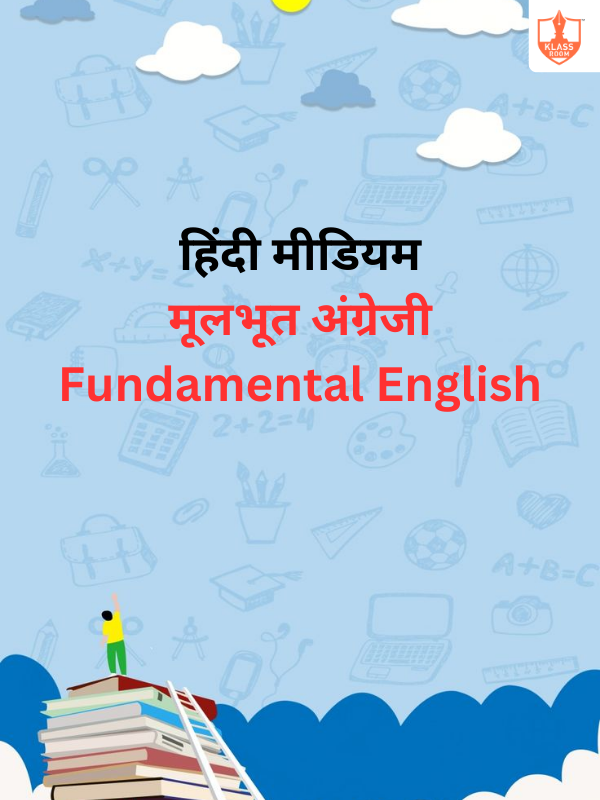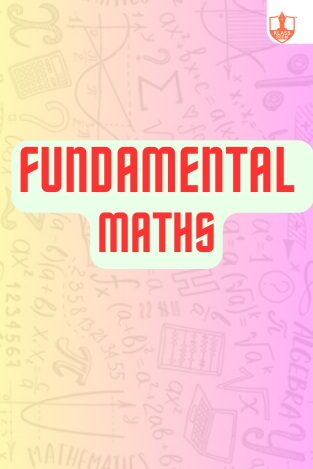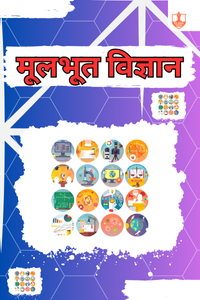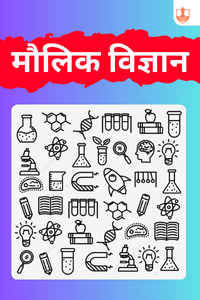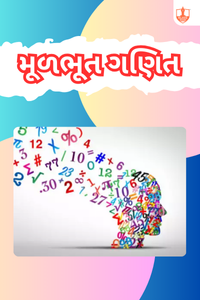Contents

संज्ञा (Noun)
Description: किसी भी व्यक्ति, वस्तु, जाति, भाव या स्थान के नाम को संज्ञा कहते हैं।
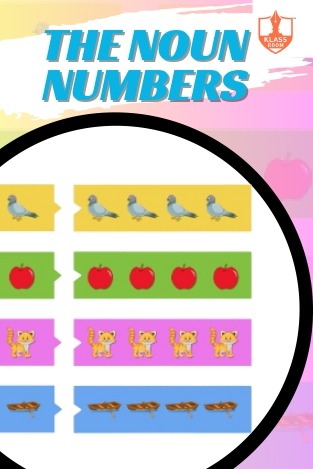
संज्ञा - संख्या (The Noun - Numbers)
Description: संज्ञा की संख्या दो प्रकार की होती है: एकवचन (पुस्तक) और बहुवचन (पुस्तकें)।
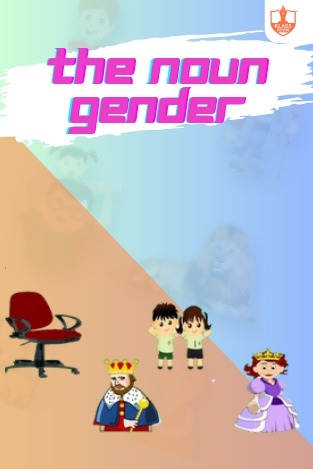
संज्ञा - लिंग (The Noun - Gender)
Description: संज्ञा के लिंग चार प्रकार के होते हैं: पुल्लिंग (लड़का), स्त्रीलिंग (लड़की), नपुंसकलिंग (मेज), उभयलिंग (शिक्षक)।
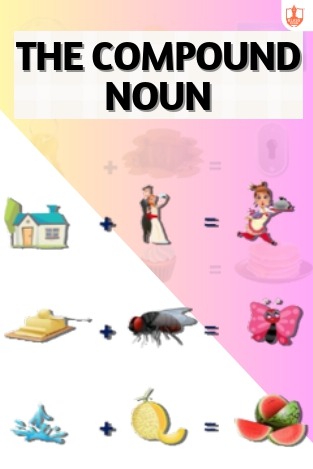
यौगिक संज्ञा (The Compound Noun)
Description: दो या अधिक शब्दों से मिलकर बनी संज्ञा, जैसे – विद्यालय शिक्षक, इंद्रधनुष।

सर्वनाम (The Pronoun)
Description: संज्ञा के स्थान पर प्रयुक्त होने वाला शब्द, जैसे – वह, यह, वे।
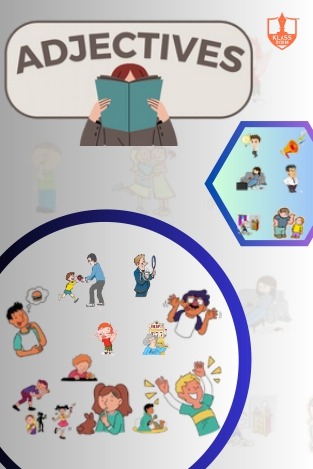
विशेषण (Adjective)
Description: संज्ञा या सर्वनाम की विशेषता बताने वाला शब्द, जैसे – सुंदर, तेज, बड़ा।
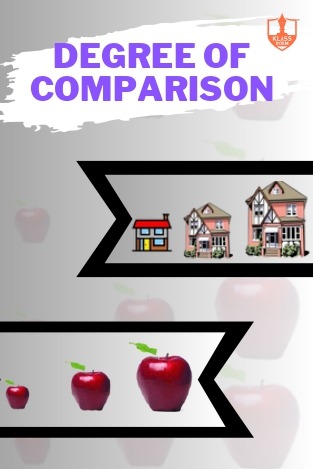
तुलना की अवस्था (Degree of Comparison)
Description: किसी संज्ञा या सर्वनाम की विशेषता की तुलना करने की अवस्था – सुंदर, अधिक सुंदर, सबसे सुंदर।
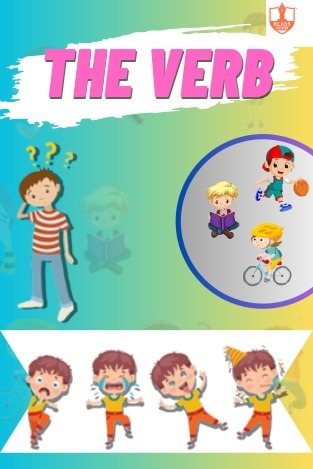
क्रिया (The Verb)
Description: जो किसी कार्य, घटना या अवस्था को व्यक्त करता है, जैसे – दौड़ना, खाना, पढ़ना।
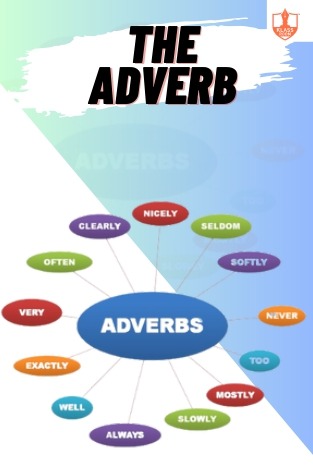
क्रिया विशेषण (The Adverb)
Description: क्रिया, विशेषण या अन्य क्रिया विशेषण को स्पष्ट करने वाला शब्द, जैसे – जल्दी, धीरे, बहुत।
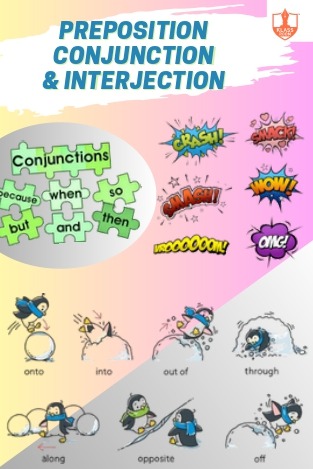
संबंधबोधक (Preposition), संयोजक (Conjunction), & विस्मयादिबोधक (Interjection)
Description: संज्ञा या सर्वनाम का अन्य शब्दों से संबंध दर्शाने वाला शब्द, जैसे – के नीचे, के ऊपर, शब्दों, वाक्यांशों या वाक्यों को जोड़ने वाला शब्द, जैसे – और, लेकिन, क्योंकि & भावनाओं को व्यक्त करने वाला शब्द, जैसे – अरे!, वाह!, ओह!
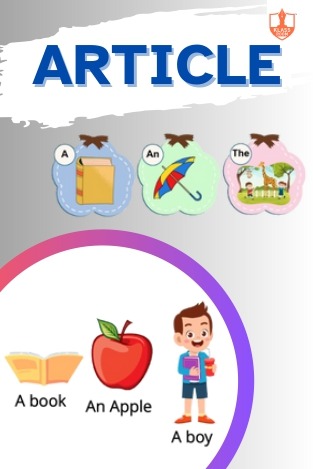
पद परिचय (Article)
Description: संज्ञा से पहले प्रयुक्त होने वाला शब्द – निश्चित (the), अनिश्चित (a, an)।
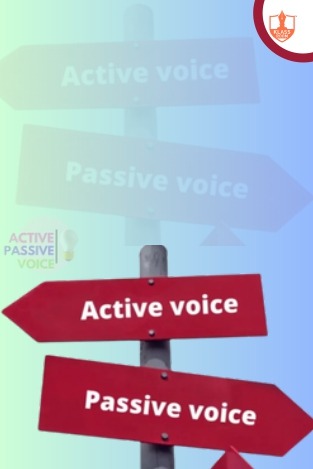
सक्रिय और निष्क्रिय वाच्य (Active and Passive Voice)
Description: सक्रिय: मैं पत्र लिखता हूँ। निष्क्रिय: पत्र मेरे द्वारा लिखा जाता है।

प्रत्यक्ष और अप्रत्यक्ष वचन (Direct and Indirect Speech)
Description: प्रत्यक्ष: उसने कहा, "मैं स्कूल जा रहा हूँ।" अप्रत्यक्ष: उसने कहा कि वह स्कूल जा रहा था।
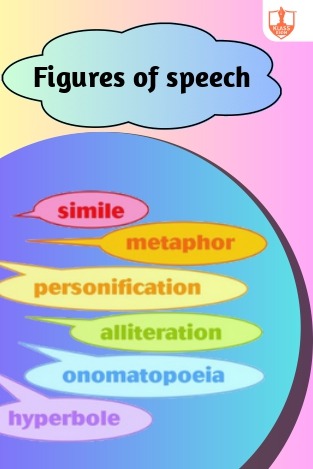
अलंकार (Figure of Speech)
Description: भाषा को अधिक प्रभावशाली बनाने वाले तत्व, जैसे – उपमा, रूपक, अतिशयोक्ति।
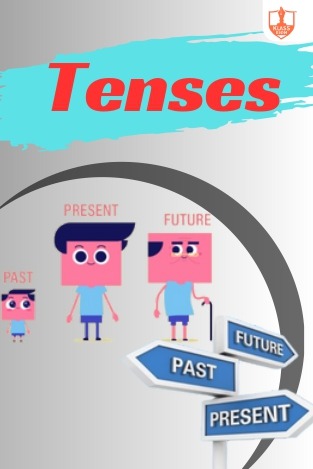
काल (Tenses)
Description: भूतकाल, वर्तमानकाल, भविष्यकाल – वह पढ़ता है, वह पढ़ रहा था, वह पढ़ेगा।

पत्र लेखन (Letter Writing)
Description: किसी को औपचारिक या अनौपचारिक रूप से लिखित संदेश भेजने की प्रक्रिया।
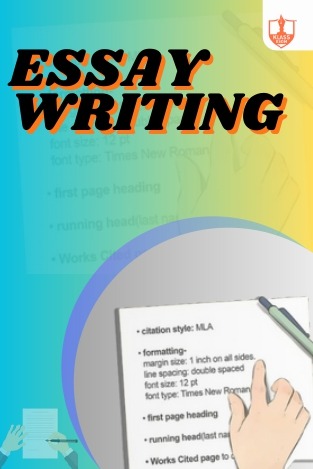
निबंध लेखन (Essay Writing)
Description: किसी विषय पर विचारों को व्यवस्थित रूप से प्रस्तुत करने की प्रक्रिया।

रिपोर्ट लेखन (Report Writing)
Description: किसी विषय पर तथ्यों या विश्लेषण को व्यवस्थित रूप से प्रस्तुत करने की प्रक्रिया।
